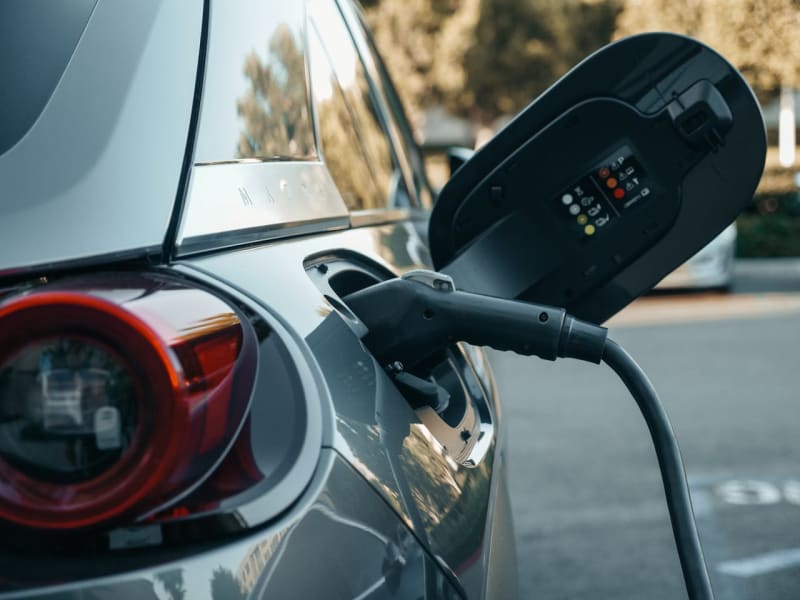When I first got my EV, I quickly learned that not all charging stations are created equal. Some use the North American Charging Standard (NACS), while others use the Combined Charging System (CCS). NACS is more common in North America, and CCS is widely used in Europe and by many global automakers.
Adapters bridge the gap between these two standards, allowing you to charge your vehicle at more stations than you'd otherwise be able to. It's like having a universal key for all those charging doors you encounter on the road.
Technically speaking, NACS and CCS use different connector designs, but they both deliver power to your EV's battery. The adapter ensures that the power delivered is compatible with your vehicle’s system, managing voltage and current, so you don’t end up frying your car’s electronics.
What's interesting is that some adapters also handle communication between the charger and the car, which is crucial for things like charging speed and safety protocols.
Before I got my adapter, I did some research, and one thing stood out: not all adapters are the same. Some are faster, more durable, or more reliable than others. It’s important to pick one that matches your needs, especially if you’re frequently on the road.
For instance, I’m currently using this NACS to CCS adapter, and it's performing great. Anyway, there are different models out there that vary in price, size, and compatibility, so it’s worth checking out user reviews before making a choice.
A part of me wonders if these adapters are just a temporary fix. There’s talk in the industry about moving towards a single, unified charging standard that would make adapters unnecessary. But until that day comes (and who knows how long that will take), adapters are a practical solution.
For now, if you’re driving in areas where charging options are limited, having an adapter is essential. It’s better to have one and not need it than the other way around, especially on a long trip.
When it comes to picking the right adapter, a few things should be on your checklist: charging speed, durability, compatibility with your vehicle, and, of course, cost. Some adapters can handle faster charging rates, which is a big deal if you’re short on time. Others are built to last, which is crucial if you plan on using them frequently.
It’s also smart to consider how well the adapter integrates with your EV’s existing systems. Some are plug-and-play, while others might require you to fiddle with settings on your car. My advice? Go for something that’s reliable and easy to use.
Navigating the EV charging landscape can be tricky, but having a reliable NACS to CCS adapter can make a world of difference. Whether you're planning a road trip or just want peace of mind knowing you can charge at any station, these adapters are a must-have.
Before I forget, it’s a good idea to do some research and choose the best adapter for your specific needs. Trust me, having the right gear can save you a lot of headaches down the road.
Happy charging!
